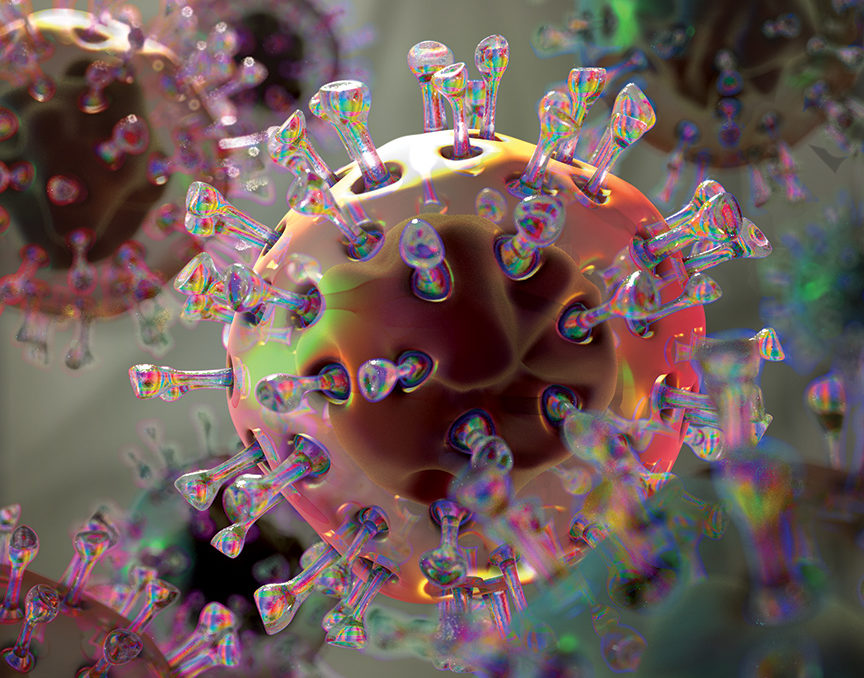Vaccines are a potent and cost-effective method of preventing deadly diseases. The recent global outbreak of COVID-19 spurred researchers around the world to quickly create a vaccine to combat the pandemic. However, creation of a human viral vaccine generally takes 10–20 years, but that is the kind of time we do not have when faced with an ongoing pandemic. Even in absence of a pandemic, many researchers consider 10 years too long for a process of creating such vital, life-saving preventive therapies. The goal, then, is to accelerate the viral vaccine development process.
Our current lack of knowledge on the human protective immune response and how it can be induced hampers our ability to create vaccines for many difficult and elusive infectious diseases. To accelerate the process of vaccine creation, we need a deeper understanding of the cellular and molecular mechanisms that drive immune responses against emerging infectious diseases (EIDs). Therefore, researchers need capabilities for high-throughput testing of new vaccine antigens and delivery platforms early in the vaccine creation process. Leading the way are new technologies for developing innovative delivery and formulation.
Sartorius’ advanced cell analysis platforms accelerate the discovery and development of new vaccines against viral infections by giving deeper, more relevant data on phenotype, activation, and function so you gain more insight, faster. The iQue® advanced flow cytometry platform enables rapid, high-throughput screening and large scale sample multiplexing across a variety of applications, such as monitoring host – pathogen interactions, antibody library screening, immune response assessment, epitope mapping, and antibody neutralization studies. The Incucyte® Live-Cell Analysis System provides a flexible assay platform that accommodates multiple applications simultaneously, revealing host – virus interactions as well as molecular interactions and mechanisms of infection through virus-modulated cell death, and it enables fast, efficient, and accurate measurement of infectious viral titers, all with multiplate throughput. Analysis is performed with networked, remote access as your cells remain in the physiologically relevant environment of the incubator. Through these groundbreaking innovations that enable the multiplexing of assays and streamlining of workflows for faster time to results, validation by complementary technologies, and robust multiparametric software analysis, Sartorius provides solutions that simplify complexity and expedite discovery for scientists working on the frontline of viral vaccine research.
Sponsored by:


